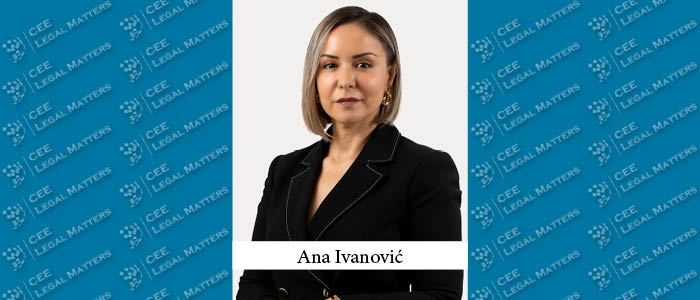Pre-employment screenings of potential job candidates, commonly known as background checks, are not always an easy task for employers.
A proper balance needs to be found between asking the right questions, allowing employers to find the best match for a certain job position, and not stepping too far into a candidate’s private sphere. Pre-employment screenings are not specifically regulated, but the permitted scope for questions is determined on the basis of the Croatian general legal framework, which mainly focuses on the permissible acquisition of data relating to job applicants and a non-discriminatory attitude.
Preparatory Phase: What is Relevant for a Particular Job Position?
Before hiring a candidate for a job opening, employers need to fully understand the applicable legislative framework and prepare the entire process in detail.
Only information that is directly relevant for that particular employment relationship may be requested during the pre-employment screening. In this respect, the specific conditions of employment (e.g., education, skills, language) should be set out by the law, CBA, or even internal documents. Therefore, even if certain specific issues that matter to the employer in the hiring process are not statutorily required (such as drug abuse testing or providing a record showing no pending criminal proceedings), the employer may still successfully set up these requirements under its internal documents, provided that applicable regulations are observed (e.g., employers are not permitted to request proof of previous convictions). A job applicant’s nationality may only be relevant if a working or similar permit is required. Also, job applicants are not required to inform a potential employer of an illness or any other condition unless it would prevent or hinder them in adequately performing their employment obligations or endanger the lives or health of others. If job applicants do claim to have such an illness or other condition, an employer is entitled to verify their health status in this regard by arranging and paying for a specific medical examination.
Understanding Legal Constraints During the Recruitment Process
During the recruitment process, everyone involved on behalf of the employer should be made familiar with applicable legal constraints.
No discrimination is allowed. Job applicants may refuse to reply to questions which are not directly job related, which embarrass them, or which violate their right to privacy or personal dignity. Examples of such questions are ones concerning religion, political beliefs, marital status, sexual orientation, and family expansion plans.
All job applicants should be treated equally regardless of their gender, age, marital status, ethnicity, education, sexual orientation, beliefs, and/or other personal characteristics.
Right to privacy and data protection. The job candidate’s rights to privacy and personal data protection require that all processing of personal data must comply with the principles related to data quality, such as fairness, proportionality, and relevance. Also, if recruiting is done from the company’s headquarters (HR departments) located outside Croatia, employers should be aware that any transfer of personal data outside Croatia requires prior approval from the Croatian Data Protection Agency.
Some employers may want to collect information on job applicants by contacting third parties, such as the applicants’ universities or previous employers. However, this can only happen with the applicant’s consent. Asking for references is recommended in order to obtain information on the applicant’s background.
Cautious use of social media. With the rise of social media use, employers are more often turning to screening applicants online. This could potentially lead to a number of legal risks, and therefore caution is recommended. Although there are no clear-cut regulations as to the right to privacy online within an employer-job applicant context, it is recommended that only publicly posted information be viewed. Even then, information that a potential employer is not entitled to have or to consider during the recruitment process may be revealed, such as pregnancy, political, or religious views. Such information cannot be used as a basis for hiring decisions and can potentially lead to discrimination claims. Also, information available online may not always be accurate, and it is recommended that applicants be allowed to respond to information obtained through these mechanisms before dismissing their applications.
Befriending someone or using someone else’s profile for the purpose of gathering private restricted information from an applicant’s social media site in order to use it in the hiring process is strictly off limits.
Consequences of Non-Compliance
Should potential employers conduct unauthorized pre-employment screenings, they could face discrimination claims and fines due to non-compliance of up to EUR 7,800 for the company and EUR 800 for the responsible person within the company.





























